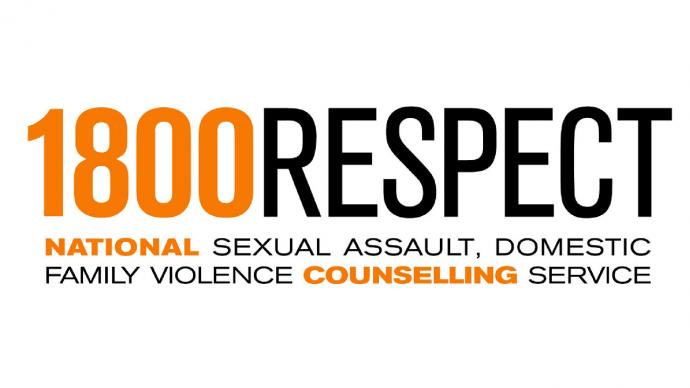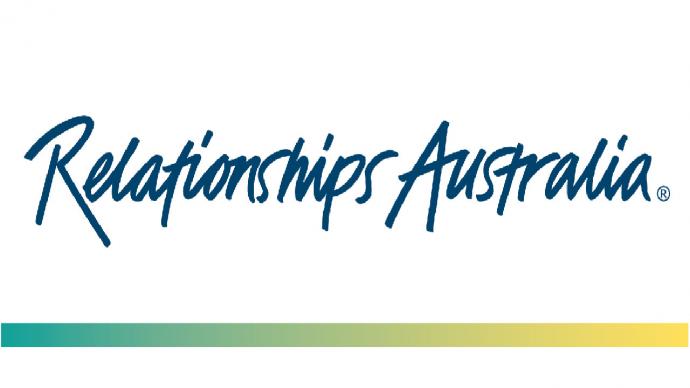Family and domestic violence
We define family and domestic violence as conduct that is violent, threatening, coercive, controlling or intended to cause the family or household member to be fearful. It can include many forms, none of which are mutually exclusive (Department of Veterans' Affairs Family and Domestic Violence Strategy 2020-25).
Types of violence
Family and domestic violence can include, but is not limited to:
- physical, verbal, emotional, sexual or psychological abuse
- intentional or unintentional neglect
- financial abuse, such as controlling money, monitoring, neglect or interfering with employment and business
- legal abuse, such as intimidating, exhausting, exploiting or disempowering someone
- stalking
- harm or threats of harm to an animal or property
- controlling the social, employment or family relationships or a person’s decision-making power
- controlling spiritual or cultural participation
- exposing children or other vulnerable people to the effects of these behaviours
Types of relationships
Family and domestic violence is not necessarily limited to members of families connected by kinship or marriage, but may also include:
- past or current intimate relationships, including people who are dating or living together, regardless of their gender or sexuality
- relationships involving carers (for example, older people and/or people with a disability or are physically impaired)
- service providers
- relatives and guardians
- other culturally recognised family groups
Survivors of family and domestic violence can be from any age group, any ethnicity and any religious background. Women are significantly over-represented as survivors. However, people of all genders can use or experience violence.
Impacts of violent behaviours
Violent behaviours often escalate and become more severe and controlling over time. People experiencing violence often lose confidence, self-esteem and the belief they cannot leave or live without the abusive individual.
The impact of this type of controlling violence can be subtle and far-reaching. Sometimes, it can take a while to recognise that you are in a family and domestic violence situation. It may be hard to take action and some may wish not to act. The effects of abuse are an individual experience with no single response to its causes or effects.
Help and support
If you, a child, or another person is in immediate danger, call 000.
Contact 1800RESPECT on 1800 737 732 for information, support and counselling. This service is free, confidential and open 24-hours a day.
Contact 1800ElderAbuse (1800 353 374) for free information and advice around abuse of older Australians, or the National Disability Abuse and Neglect Hotline (1800 880 052) for a free, independent and confidential service to report abuse and neglect of people with disability.
Family violence prevention programs are run by Relationships Australia and help people deal with violence and/or abuse issues in their relationships, including targeted family violence programs.
Open Arms runs group programs on doing anger differently. Specialised services such as MensLine Australia, Relationships Australia and 1800RESPECT offer information for perpetrators of violence and programs for change.
Contact us
Call Open Arms on 1800 011 046 for free and confidential 24/7 support
See also
-

Crisis accommodation
Open Arms Crisis Accommodation Support (CAS) aims to provide crisis accommodation to eligible Open Arms clients who require access to alternative, short-term accommodation in addition to mental health support. -
 1800 RESPECT
1800 RESPECTIf you are the victim of domestic violence, call the Domestic Violence Hotline on 1800 737 732 or visit the website. They provide telephone and online counselling services to assist people experiencing the effects of sexual assault, domestic or family violence.
-
 Relationships Australia
Relationships AustraliaFamily violence prevention programs are run by Relationships Australia, and include a range of services to assist those with violence and or abuse issues in their relationships including family violence programs for perpetrators.





